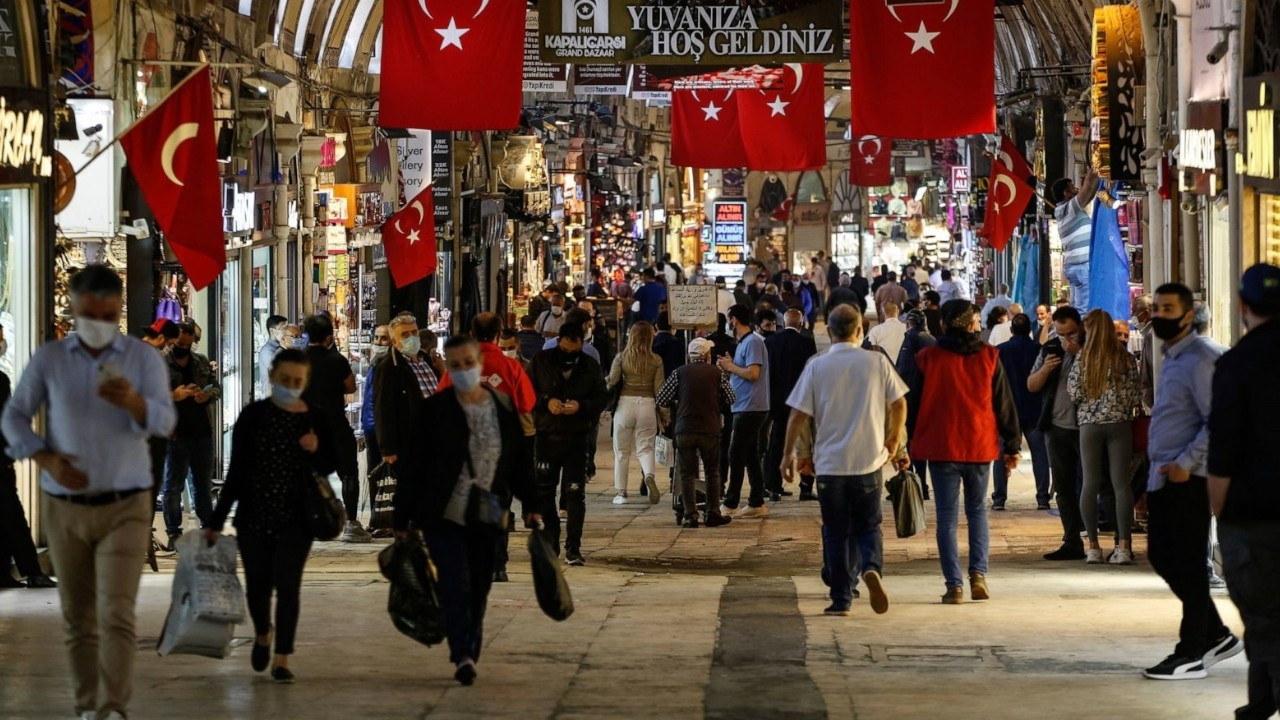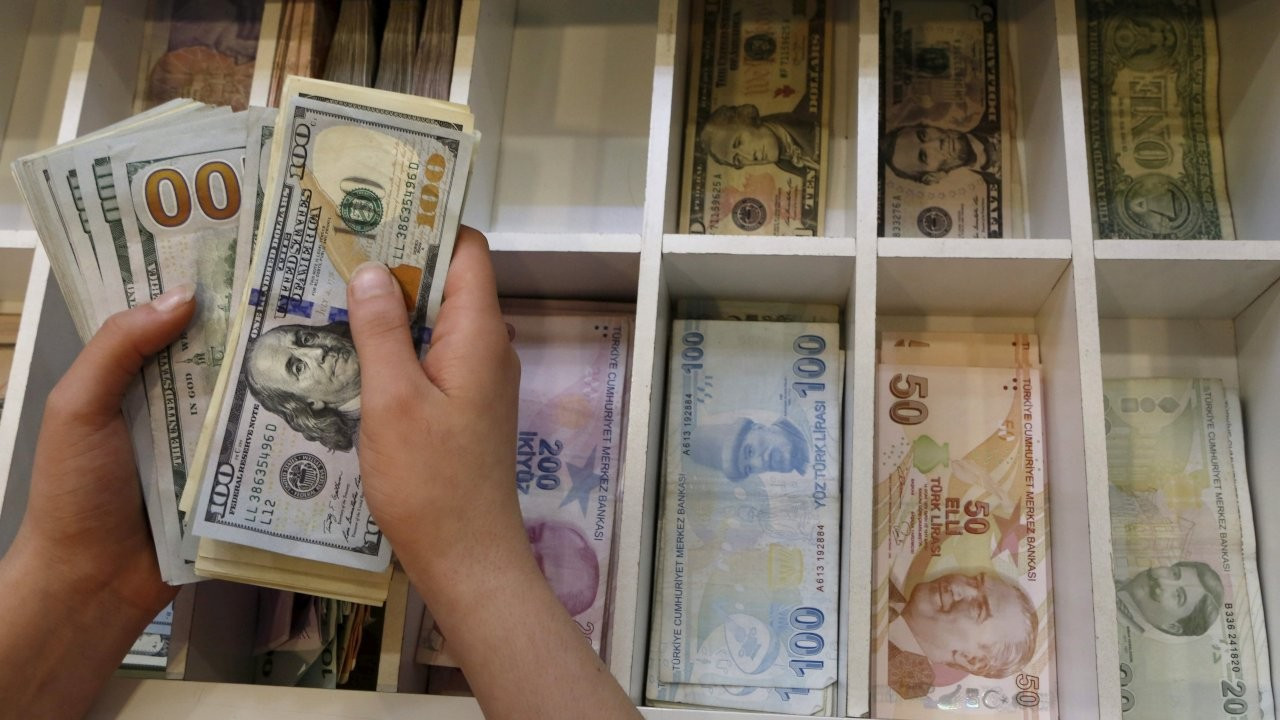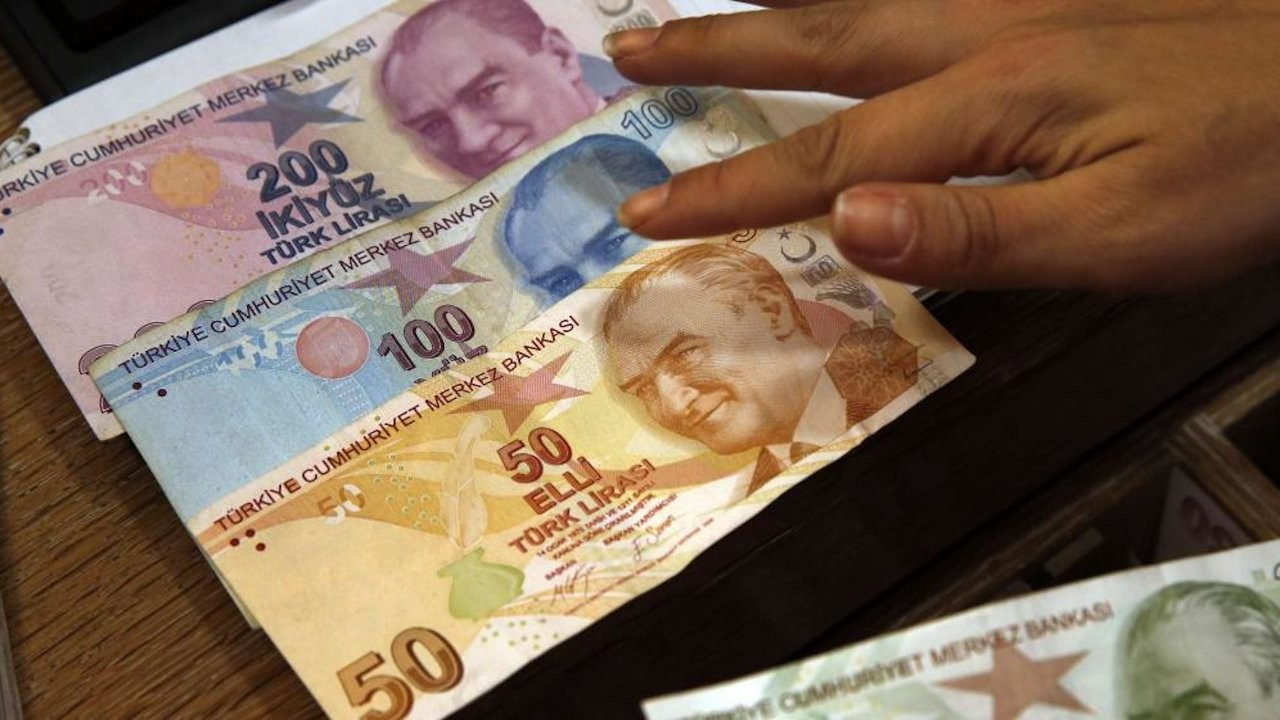Turkey’s budget balance posts 25 billion liras deficit in June
Budget expenditures for the central government were 113.4 billion TL in June 2021, budget revenues were 88.3 billion TL, and the budget deficit was 25 billion TL. Furthermore, primary budget expenditures totaled 104 billion TL, with a primary deficit of 15.6 billion TL.
K. Murat Yıldız / Duvar English
Last month, Turkey’s central government budget expenditures were 113.4 billion Turkish Liras (TL), while budget revenues were 88.3 billion TL, according to data from the Ministry of Treasury and Finance. The primary deficit was 15.6 billion TL, despite non-interest budget expenditures of 104 billion TL.
While the primary deficit in June 2020 was 13.1 billion TL, the primary deficit in June this year was 15.6 billion TL. As a result, the budget deficit increased to 25 billion TL as the budget deficit for the first six months was 32.5 billion TL.
According to ministry data, while the January-June period of 2020 saw a primary deficit of 38.2 billion TL, the first half of 2021 saw a primary surplus of 58.3 billion TL as nearly 18.6 billion TL came from restructuring payments.
Budget revenues increased by 38.5 percent to 630.82 billion liras in the January-June period compared to the same period the previous year, while budget expenditures increased by 17.4 percent to 663.36 billion liras.
Budget deficit continues to increase
The budget deficit has increased once more as of June, during which 25 billion liras were spent. In the same month the previous year, the budget deficit was 19.4 billion TL. The total budget deficit for the first half of this year was 32.5 billion TL, including the June deficit. Despite the government's announcement of austerity measures, the President's exception and the folding of presidential discretionary fund expenditures indicate that the deficit will increase.
After the postponement of tax payments and collections during the closure period, which began in April of last year due to the COVID-19 pandemic, structural and tax increases were effective in reducing the budget deficit, which rose to 109.5 billion TL in the January-June period, to 32.5 billion this year.
In addition to the partial payment of ‘tax peace’ and restructuring installments, which took effect in January, the corporate tax, special consumption tax, fuel consumption tax, special communication tax, and motor vehicle tax all helped to reduce the deficit by raising tax revenues.
While the contribution from the restructuring installments was 18.6 billion TL in the first six months, this figure is significantly lower than the target. As a result, the government had no choice but to pass a new restructuring law.
On September 30, the first installments of over 400 billion overdue tax receivables will be paid, which are expected to be restructured by the end of August. As a result, the payments to be made from the restructuring installments in the coming autumn months, when the budget deficit is on the rise, are intended to prevent a further increase in the budget deficit at the end of the year.
According to experts and opposition, the expected level of payment of the restructuring installments will not be realized in the current economic conditions, as it was in the previous restructuring, which had to be re-issued before the expiration date.
Moreover, the increase in the budget deficit fueled the central government's borrowing requirements while the increase in the exchange rate caused the budget deficit to deepen which lead to increased inflationary pressure.
Government’s saving measures only lip service
“Since the beginning of July, when the government noticed that the budget deficit, which was over 6 billion in June compared to the previous year, had begun to rise again, it has implemented the ‘Savings Measures Circular.’ However, I believe that the austerity measures from which the Presidency and Parliament are exempt will not have the desired effect and will be overrun quickly,” main opposition People’s Republican Party Istanbul Deputy Erdoğan Toprak told Duvar English.
"The most concrete sign that the call for government expenditure savings will remain on lips and paper are the presidency's discretionary expenditures, which are the biggest burden on the budget and increased fourfold to 463 million TL in June and reached a total of 1.3 billion TL in six months," the deputy concluded.

 'Over 47,000 shopkeepers went bankrupt in first half of 2021 in Turkey'Economy
'Over 47,000 shopkeepers went bankrupt in first half of 2021 in Turkey'Economy Investors losing money following Erdoğan’s advice to back the liraEconomy
Investors losing money following Erdoğan’s advice to back the liraEconomy 'Real value of lira at all-time low, Erdoğan to blame'Economy
'Real value of lira at all-time low, Erdoğan to blame'Economy